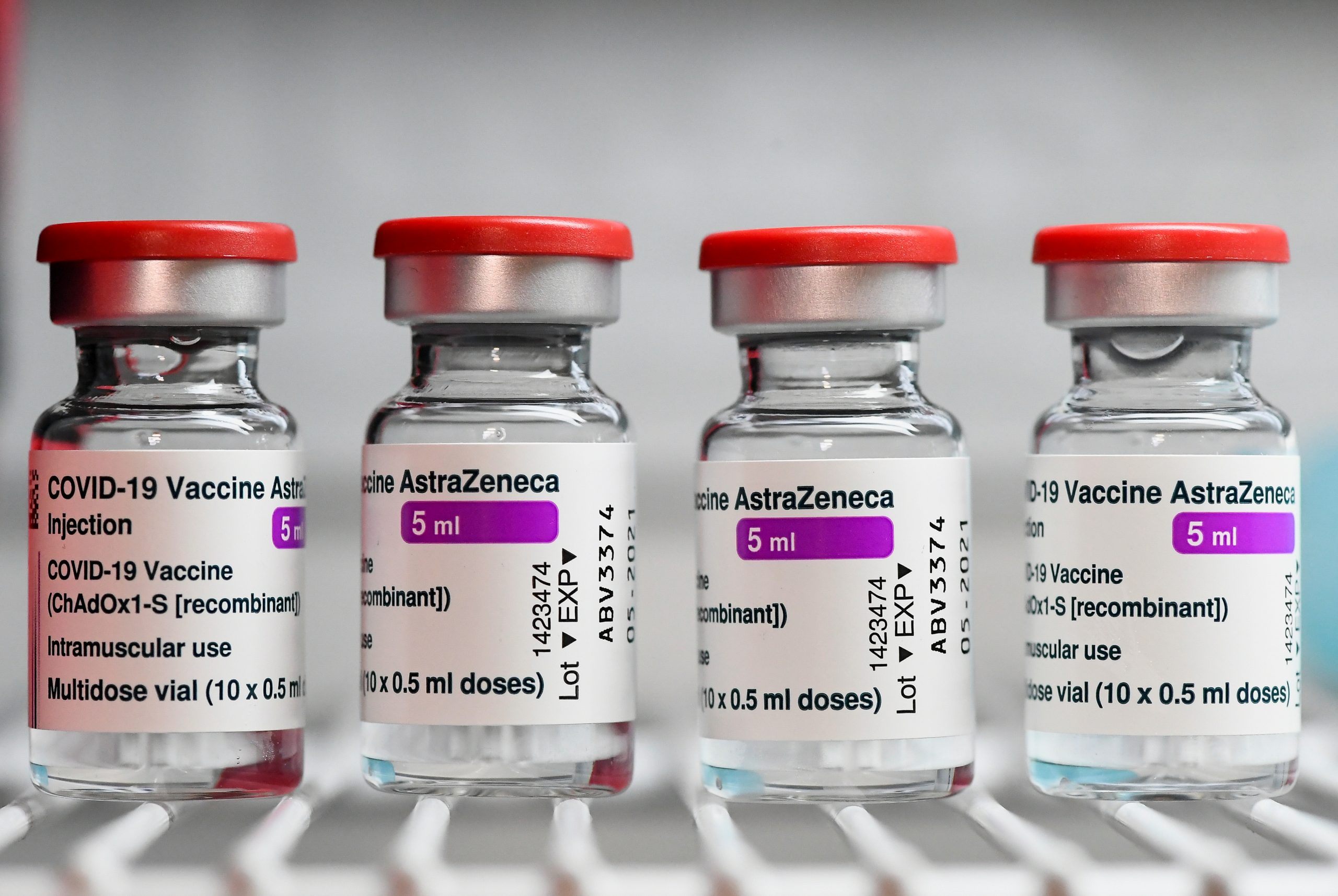
Ian Patrick, FISM News
[elfsight_social_share_buttons id=”1″]
The European Medicines Agency (EMA) wrapped up their review of the AstraZeneca shot after multiple countries suspended it over concerns that it may have been linked to fatal blood clots in some patients. The EMA reports that AstraZeneca’s vaccine is “safe and effective,” also noting that it was “not associated with an increase in the overall risk” of these fatal blood clots.
EMA Director Emer Cooke, who made this announcement, recognized that there was no way to discredit the “small number of cases” that resulted in rare and sometimes fatal blood clotting. However, she still said that the “benefits in protecting people from Covid-19 with the associated risks of death and hospitalization outweigh the possible risks.”
The day before the EMA’s assessment, the World Health Organization’s European Director Hans Kluge urged Europe to continue using AstraZeneca’s shot. He used similar language as he expressed that the overall benefits of using the vaccine “far outweigh its risks, and its use should continue to save lives.”
After the EMA released their assessment, the WHO tweeted their affirmation in the results.
We welcome conclusion of @EMA_News that AstraZeneca #COVID19 vaccine is not associated with an increased overall risk of blood clotting disorders 👉 https://t.co/rBmxGnmRGv
(1/3)
— WHO/Europe (@WHO_Europe) March 18, 2021
This AstraZeneca vaccine was initially suspended in Denmark after reports of blood clots following one batch that was delivered from Austria began to surface. Iceland and Norway later suspended the vaccine since they had received part of that same batch, and more countries followed suit. As of March 19, over a dozen countries spanning Europe, Asia, and Africa had suspended or otherwise halted use of the vaccine until more data came out.
After multiple recommendations to resume using AstraZeneca’s vaccine, several countries announced that they will be resuming the use of the shots. These countries include Bulgaria, Cyprus, France, Germany, Indonesia, Italy, Latvia, Lithuania, the Netherlands, and Spain. Some nations, however, are still hesitant to resume their use. Denmark, Sweden, and Norway announced that they still “need more time” before using the shots again. Iceland, Georgia, and Finland are awaiting separate investigations before they consider reimplementing the candidate.
